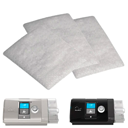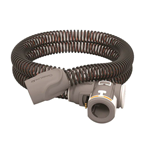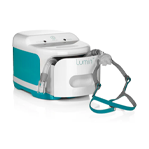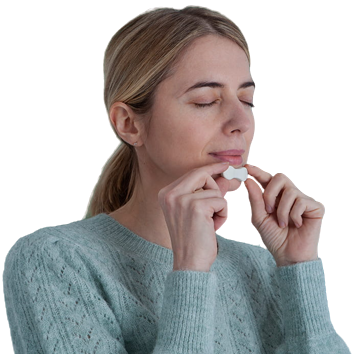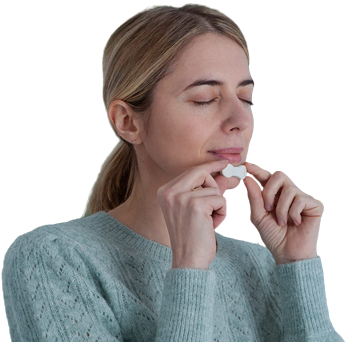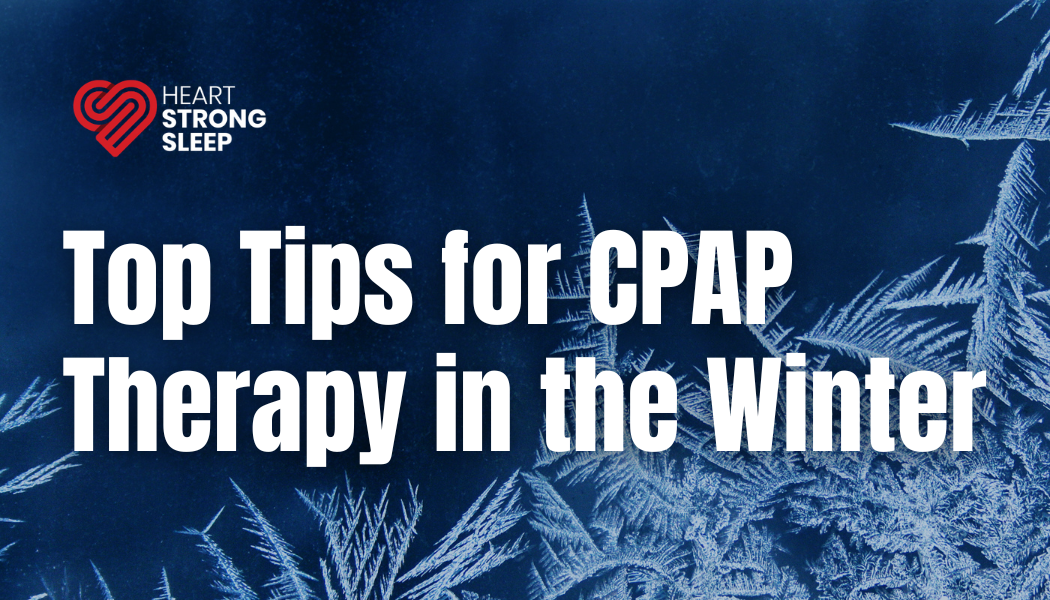Sleep is essential for good health and well-being. It allows our bodies and minds to rest and repair themselves. Most adults need around 7-8 hours of sleep per night, but many people don't get enough. #getbettersleep
If you're struggling to get a good night's sleep, there are a few things you can do to improve your sleep habits. Here are 10 tips:
-
Stick to a regular sleep schedule. Go to bed and wake up at the same time each day, even on weekends. This will help to regulate your body's natural sleep-wake cycle.
-
Create a relaxing bedtime routine. This could include taking a warm bath, reading a book, or listening to calming music. Avoid watching TV or using electronic devices in the hour before bed, as the blue light emitted from these devices can interfere with sleep.
-
Make sure your bedroom is dark, quiet, and cool. Darkness helps to promote the production of melatonin, a hormone that regulates sleep. Noise and light can disrupt sleep, so try to create a bedroom environment that is as dark and quiet as possible. A cool temperature (around 65-68 degrees Fahrenheit) is also ideal for sleep.
-
Avoid caffeine and alcohol before bed. Caffeine and alcohol can interfere with sleep, so it's best to avoid them in the hours leading up to bedtime. Caffeine can stay in your system for up to 12 hours, so it's best to avoid it after lunchtime. Alcohol may help you fall asleep initially, but it can disrupt sleep later in the night.
-
Get regular exercise, but not too close to bedtime. Exercise can help to improve sleep quality, but it's important to avoid exercising too close to bedtime, as this can make it harder to fall asleep. Aim to finish exercising at least three hours before bedtime.
-
See a doctor if you have chronic insomnia. If you have trouble sleeping for more than two weeks, talk to your doctor. There may be an underlying medical condition that is causing your insomnia.
-
Expose yourself to bright light during the day. This will help to regulate your circadian rhythm and make it easier to fall asleep at night.
-
Take a nap during the day if needed. But keep naps short (30 minutes or less) and avoid napping in the late afternoon or evening.
-
Avoid eating large meals or sugary snacks before bed. These can cause indigestion and make it harder to fall asleep.
- Create a comfortable sleep environment. Make sure your bed is comfortable and that your bedroom is at a comfortable temperature.
By following these tips, you can improve your sleep quality and wake up feeling refreshed and energized.
Additional tips for specific sleep problems
- If you have trouble falling asleep: Try a relaxation technique such as deep breathing or meditation. Avoid working or watching TV in bed.
- If you wake up during the night and can't fall back asleep: Get out of bed and do something relaxing until you feel tired. Avoid watching TV or using electronic devices, as the blue light can make it harder to fall back asleep.
- If you have early morning awakenings: Try to go to bed later. Avoid napping during the day.
If you continue to have trouble sleeping, talk to your doctor. They may be able to identify any underlying medical conditions that are contributing to your insomnia and recommend appropriate treatment. #getbettersleep


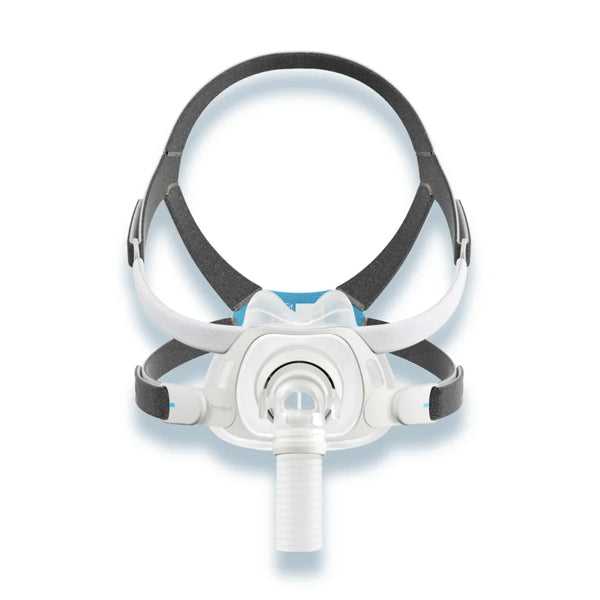
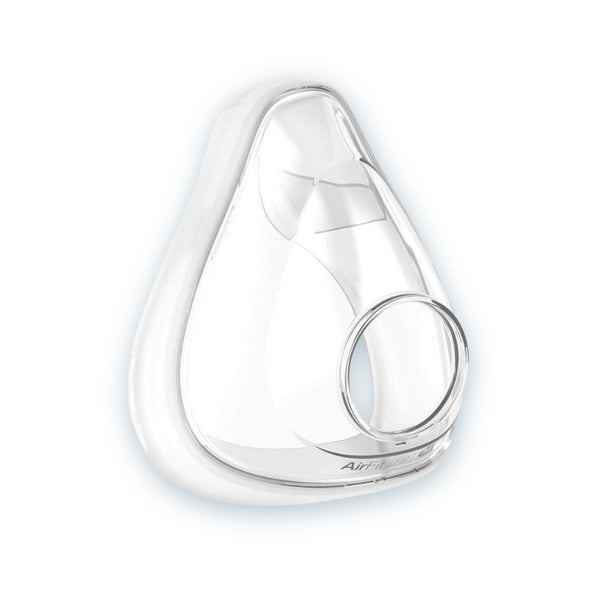



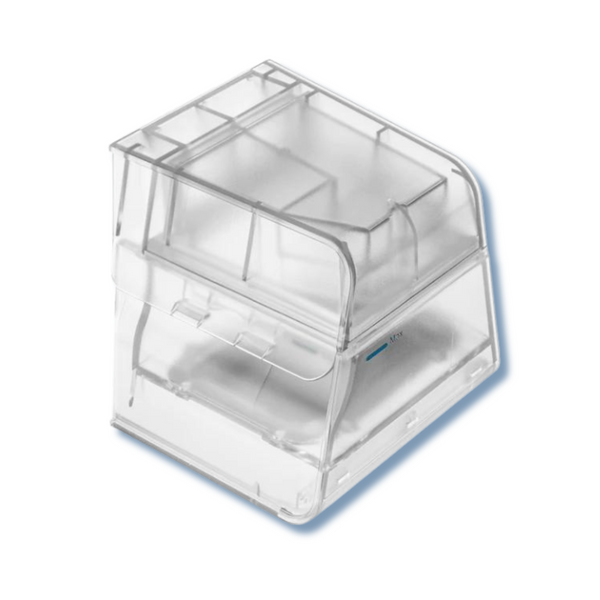

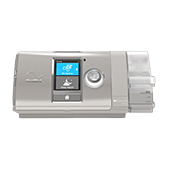
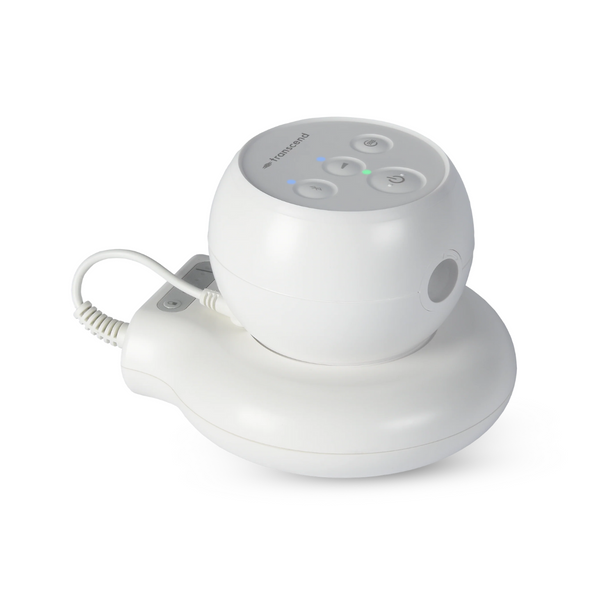

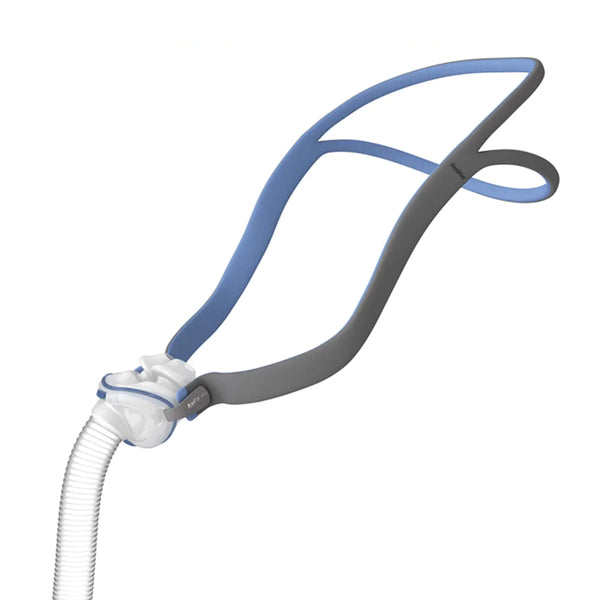
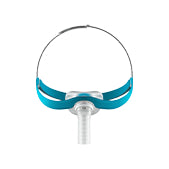
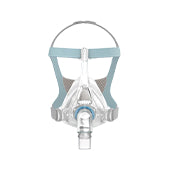


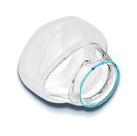
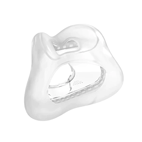
![[subscription]](http://heartstrongsleep.com/cdn/shop/files/Group_30_6a2ee5b7-7d1a-49f1-855d-428a7cb5358f.png?v=1733846466&width=600)
